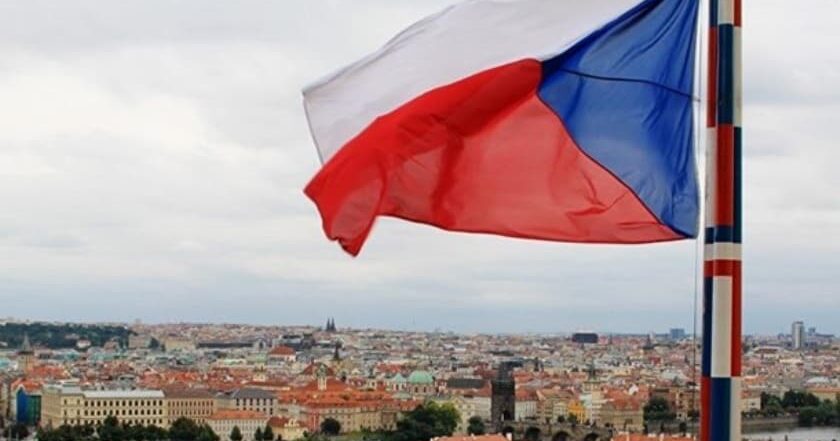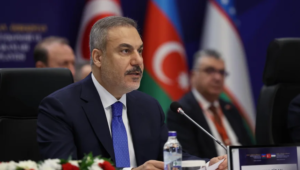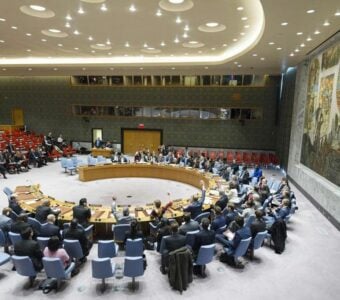Czech Republic plans to get rid of its dependence on russian energy in five years

The Prime Minister of the Czech Republic, Petr Fiala, outlined the government's plan to resolve the energy crisis
The EP reports, citing the press service of the Czech government.
The crisis arose because of the reduction of energy supplies from russia and rising prices for them.
Fiala said that the Czech Republic's dependence on russian energy was a consequence of the policy of the previous government of Andrej Babiš.
"Whether it was a mistake or a deliberate action is difficult to judge today," the Prime Minister said.
According to him, the Czech Republic must address three issues to solve the energy crisis:
- get enough gas supplies for next winter,
- to become an energy-independent state, to get rid of dependence on russia,
- also, help people and companies cope with rising energy prices.
Fiala claims that the Czech underground gas storage facilities were already two-thirds full in June-a record. It will allow the country to live through the winter heating season.
"However, our republic cannot afford to remain 100% dependent on one unreliable supplier.
Energy sovereignty must be a fundamental goal of our country. That is why the government has drawn up a plan to achieve this goal over the next five years," said the Czech Prime Minister.
This plan includes:
- resuming the tender to complete the Dukovany nuclear power plant without the participation of China and russia,
- expanding the TAL gas pipeline,
- negotiating with Poland to continue the Stork 2 pipeline project,
- building liquefied gas terminals.
"Of course, we won't see the results of all these steps at once. According to our estimates, it will take at least two to five years.
In the meantime, we will face the problem not only of supplies from the east but also of the high prices that have resulted from our current dependence on russia," Fiala said.
In addition, the Czech government will allocate 66 billion korunas (2.67 billion euros) in energy subsidies for households and companies.
Last week, russia reduced the capacity of its Nord Stream-1 pipeline to 40%, citing equipment problems.
According to the European Commission, 12 EU countries have already suffered from reduced gas supplies from russia.






















































